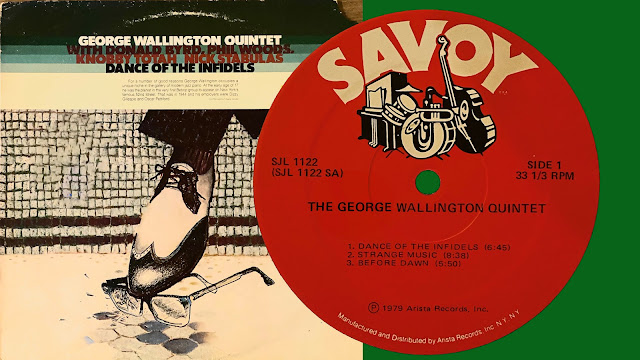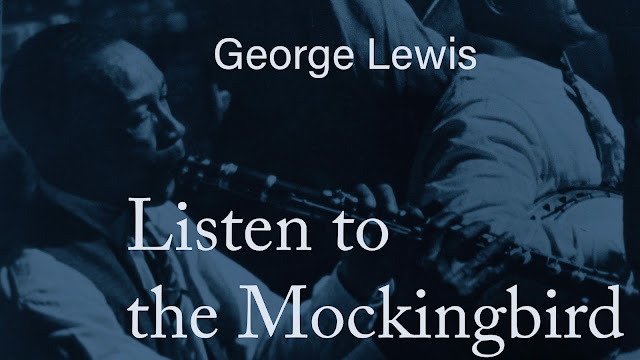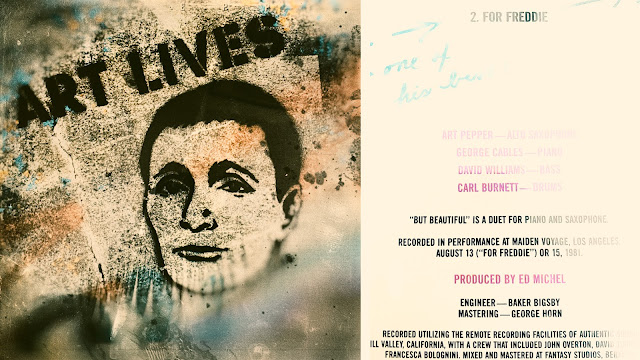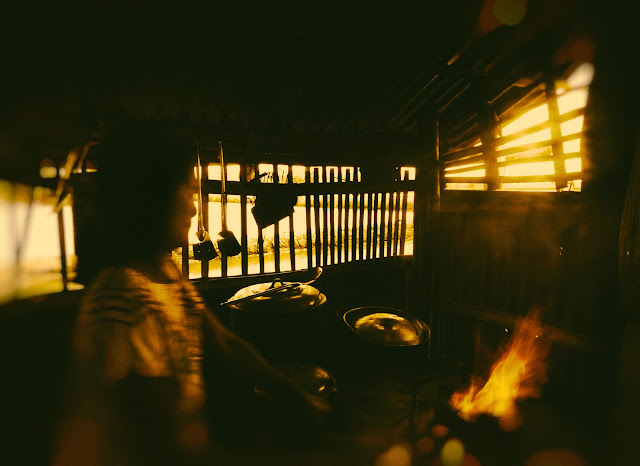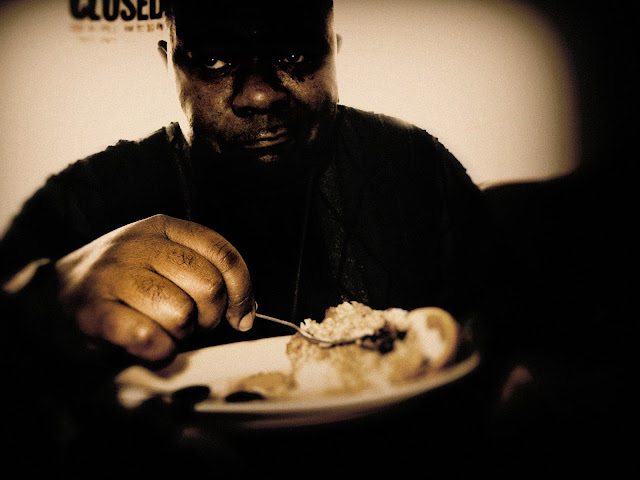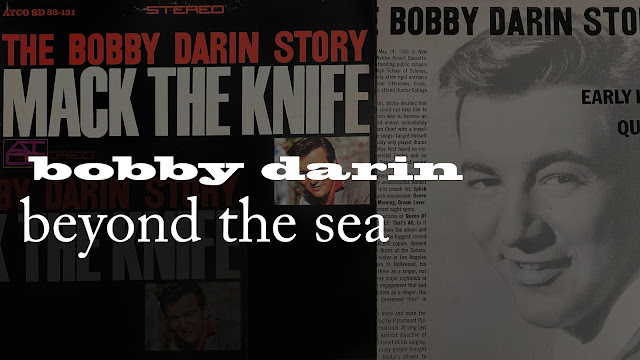Posts
Showing posts from March, 2021
Buddy Tate / Al Grey - Just Jazz (restored jazz vinyl LP)
- Get link
- Other Apps
Willis Jackson - Good Bread Alley (restored jazz vinyl LP)
- Get link
- Other Apps
Latin Jazz: Quietly There (Perkins)/Summer Samba (Lewis)/Samba Mom (Pepper)/Wall Street Rag (Alpert)
- Get link
- Other Apps
Woody Herman and his Swinging Herd - A Lot of Livin' To Do (restored 1965 vinyl LP)
- Get link
- Other Apps
King Pleasure - I'm in the Mood for Love (recorded 1952/restored 1972 vinyl LP)
- Get link
- Other Apps
Ella Fitzgerald Sings Duke Ellington - Cottontail (restored 1957 vinyl LP)
- Get link
- Other Apps
George Wallington Quintet - Strange Music (restored original 1959 recording vinyl LP)
- Get link
- Other Apps
While My Regal Dobro Guitar Gently Dreams
- Get link
- Other Apps
George Lewis - Listen to the Mockingbird (restored original 1966 jazz vinyl LP)
- Get link
- Other Apps
Art Pepper - Samba Mom Mom (restored original 1981 recording jazz vinyl)
- Get link
- Other Apps
Bill Perkins - Quietly There (restored original 1966 jazz vinyl LP)
- Get link
- Other Apps
Art Farmer - Soft Shoe (restored original 1956 jazz vinyl LP Farmer's Market)
- Get link
- Other Apps
Dave Brubeck / Gerry Mulligan - Limehouse Blues (restored original jazz vinyl LP)
- Get link
- Other Apps
Ramsey Lewis - Free Again (restored original vinyl LP)
- Get link
- Other Apps
Who's Afraid of Beatrice Lillie?
- Get link
- Other Apps
The Bobby Darin Story - Beyond the Sea / Spoken intro by Mr Darin (restored original 1961 vinyl LP)
- Get link
- Other Apps












